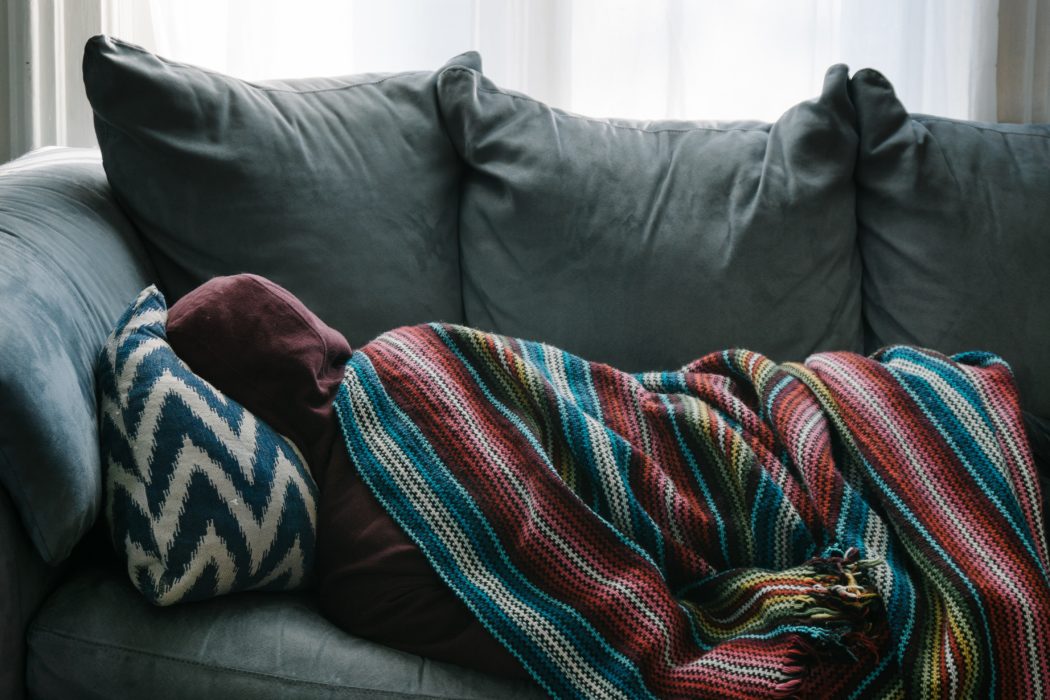What is our moral responsibility to one another? Where does the line to support one another begin and end? Difficult questions to be sure, but poignant ones when asked in the interest of opening a discussion about the affordability and availability of healthcare in the United States. We could discuss the declining life expectancy for Americans, high maternal death rates, or inequities in access to health care, but those are facts that we can look up on our own. Instead, let us delve into the nature of our responsibilities to one another and the repercussions of avoiding them.
Does our moral responsibility to one another extend to keeping each other alive? Most of us would help if we saw someone in trouble – suffering a heart attack,choking, or falling in the street. So why does this social responsibility not extend more broadly to our healthcare system?
If I know that you are dying of cancer, but cannot afford your care is it okay for me to say, “that’s sad” and move on with my life? Or if you need insulin to live and cannot afford it due to the exorbitant increases in price that have nothing to do with real market forces? Is it okay for me to turn a blind eye when there is an alternative? These questions are not being asked in the health care debate, but they get to the heart of the issue. Americans get caught up in the wrong questions when it comes to healthcare policy. Before we can decide which policy to implement, we must decide the goal we are trying to achieve. We need to ask the big moral question: Should every American have access to healthcare coverage regardless of income? Once we have answered that question, we can delve into the difficult questions of implementation and how to pay for it.
There are so many stories that could be instructive in this conversation. One example, Sarah, who is 28 years old, never wanted help with her health insurance needs. Circumstances out of her control just made it that way. She is presently unemployed because of her multiple chronic illnesses including epilepsy and rheumatoid arthritis along with pain from chronic migraines. She had to leave her job after sustaining a serious concussion during a seizure and her seizures continue. She currently uses COBRA benefits for her healthcare. But, she knows that, come June, the coverage will disappear along with all her savings. She looked at the Affordable Care Act options and discovered that because she has no income, she is not eligible to receive any subsidies. But if she earned $12,100, she could get significant subsidies. Seems backwards, right? But that is what happens to those who live in states like North Carolina that do not currently participate in Medicaid expansion.
Sarah has applied for disability, but it takes months to get an application processed, and even if she is approved, the disability insurance does not kick in for two years. The anxiety this situation and similar ones produce only exacerbate illnesses creating a vicious circle that many among us have little hope of escaping. Even once Sarah reclaims her health, the financial problems will stalk her for years to come. Sarah could be you, your daughter or sister on any given day. What is a person who is too sick to work supposed to do? How can they survive?
Many Americans are at risk of financial ruin if they become ill or injured. Research from the Federal Reserve found that 4 in 10 Americans could not afford a $400 emergency, and 22% say they expect to forgo payments on some of their bills. This means that even Americans who have health care coverage have difficulty paying for the deductible portion of their insurance or necessary medicine.
All of these Americans, like Sarah, are at risk of major financial disaster if they are injured or become seriously ill. In fact, according to a recent study in the American Journal of Medicine, more than 42 percent of the 9.5 million people diagnosed with cancer from 2000 to 2012 drained their life’s assets within two years. In some jurisdictions, people are being jailed because they cannot pay their hospital bills, even though that is technically illegal. Hospitals and other care providers circumvent the law by summoning debtors to a “debtor’s examination.” If the person does not show up for the examination, a bench warrant is sworn out for their arrest. Once arrested, the bond posted for release just happens to match the amount of the debt. What kind of society allows this to happen to its most vulnerable members? Particularly when it is avoidable?
We can solve this problem. Most other developed countries have addressed this by implementing single payer systems. The United States spends over $10,000 per person per year on healthcare while the average for other developed nations is $5,280. While a single payer system may or may not be the exact solution for the United States, we must come up with a solution that provides healthcare coverage to everyone regardless of income.
By providing healthcare to everyone, Americans no longer have to worry that if they lose their jobs, they will lose access to healthcare. The idea that healthcare is tied to employment is where our entire healthcare system begins to fall apart. Many people cannot work for various reasons and our safety net for those individuals is either non-existent or unaffordable. For those who have health insurance and do not have chronic medical conditions, it may not seem to be a big deal, but the level of anxiety that people with chronic conditions live with because of fear of losing insurance is immeasurable. And for those who cannot access healthcare, it can be a life or death situation.
Why are Americans willing to allow other Americans to die, be jailed, or become bankrupt for illnesses out of their control? The solution is out there, we just need to want it, find it and implement it.
Anna Lynch is a “writer, educator, and champion for all things women.”



There are no comments
Add yours